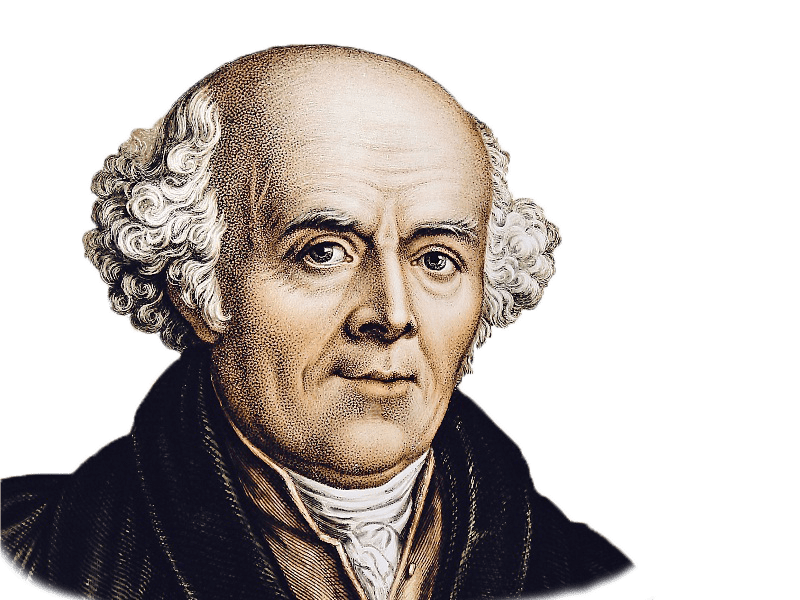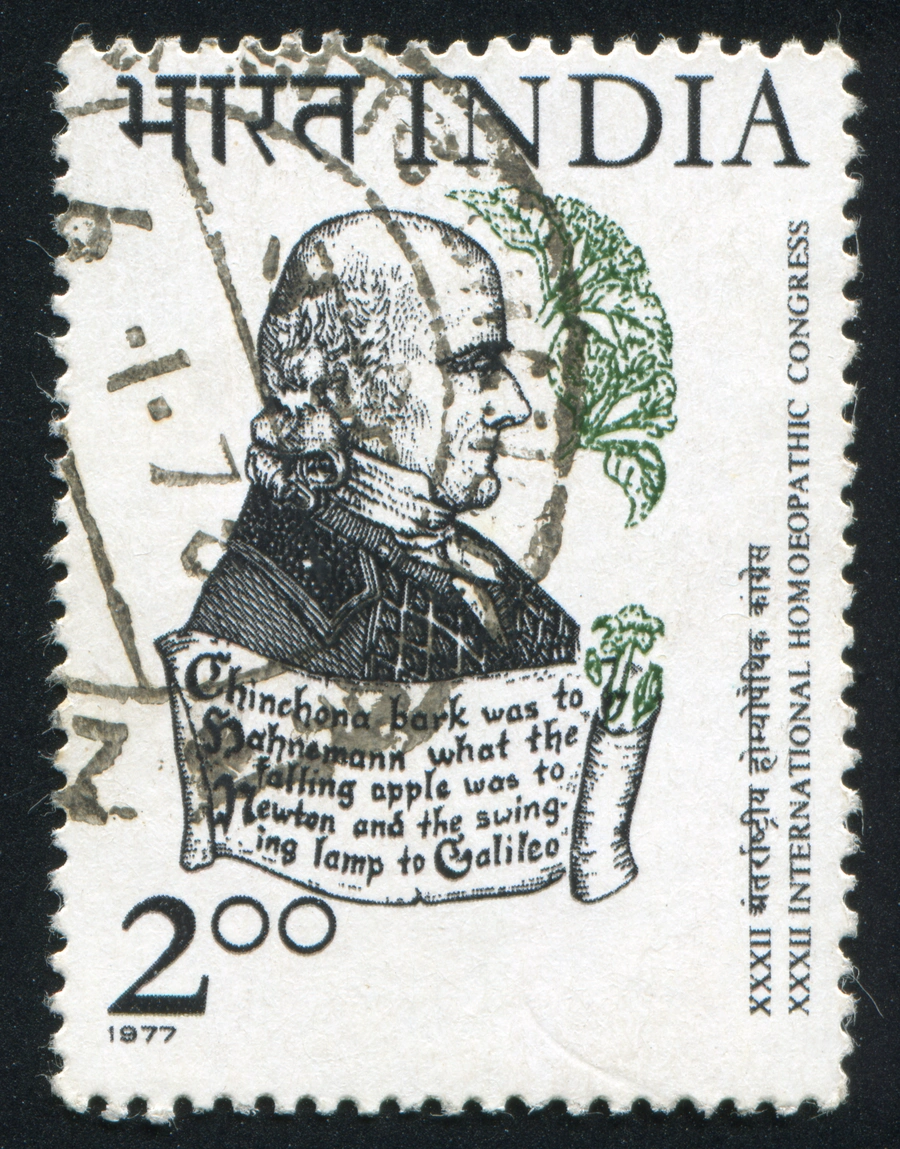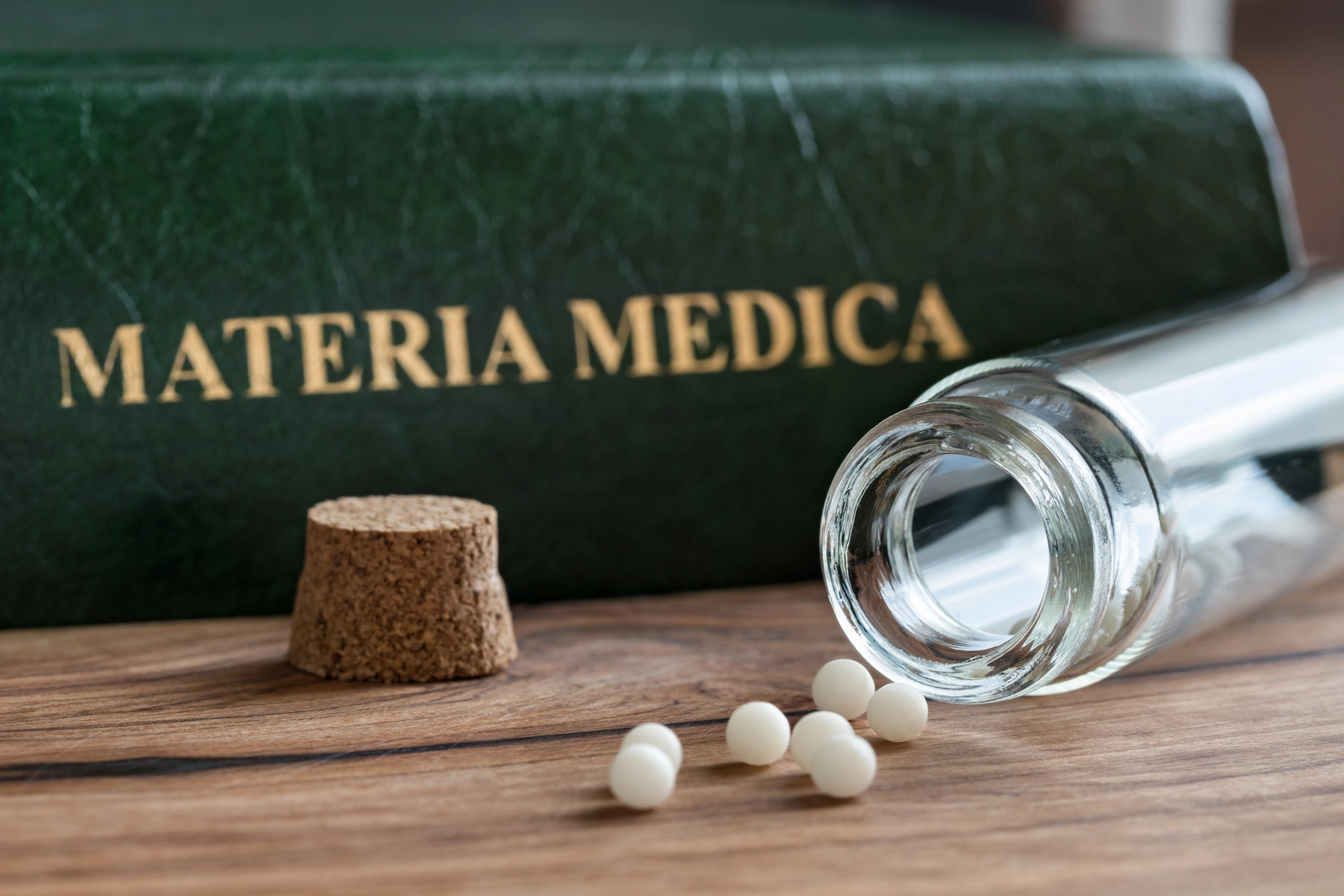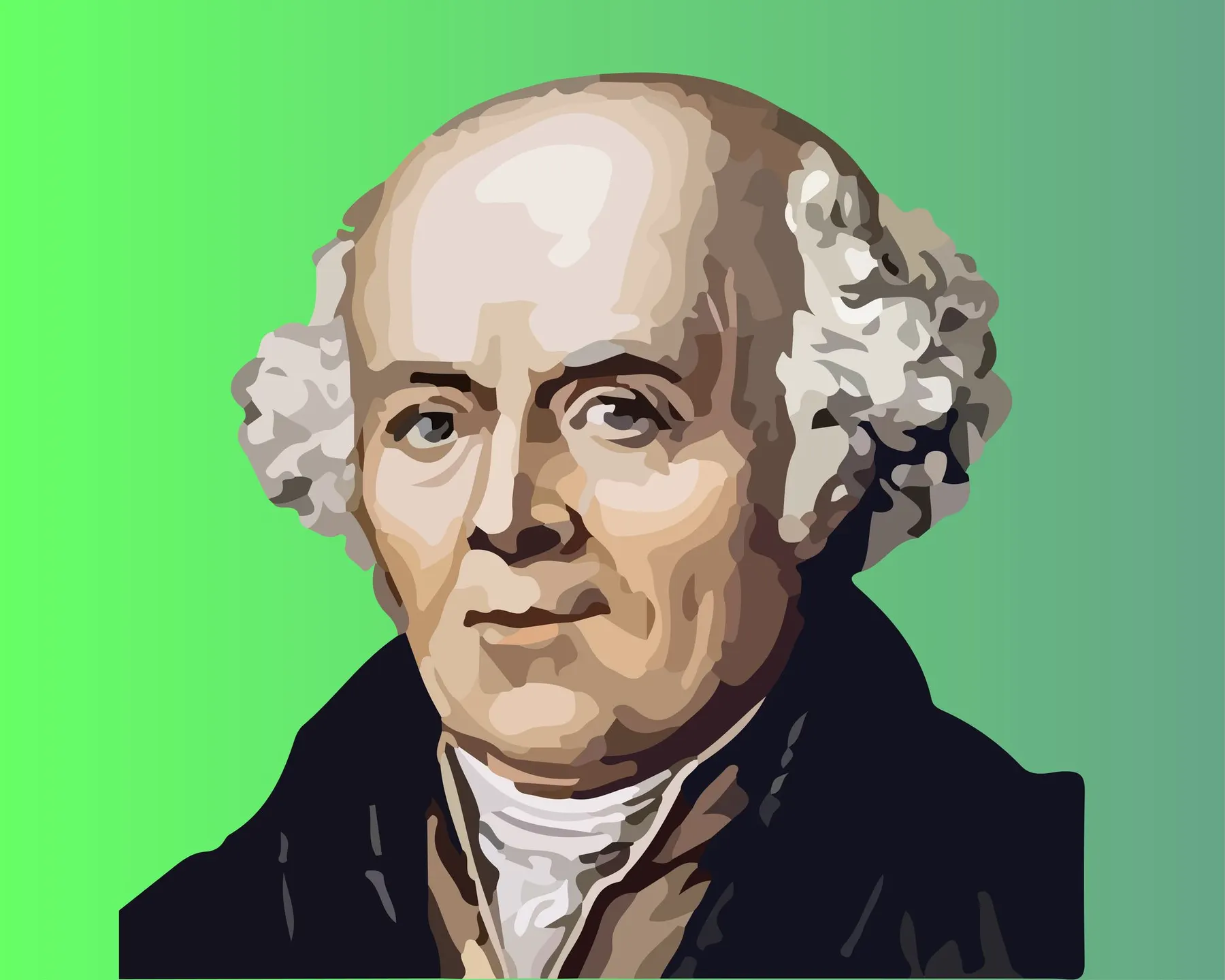
Hahnemann: The Flawless Scientist, Humanist, and Visionary Genius Ahead of His Time
Great spirits have always encountered violent opposition from mediocre minds. The mediocre mind is incapable of understanding the man who refuses to bow blindly to conventional prejudices and chooses instead to express his opinions courageously and honestly.

Dr. Christian Friedrich Samuel Hahnemann (Kothen, 1755 – Paris, 1843), the founder of homeopathy, was a distinguished German physician, pharmacist, and linguist.
He is called the father of experimental pharmacology because he was the first physician to prepare medicines in a specialized way, proving them on healthy individuals to determine how the drugs acted in treating diseases.
Dissatisfied with the state of medical practice at the time, he engaged in chemical experimentation and translating scientific literature.
He regularly contributed to Crelle's "Annals of Chemistry" (the first journal dedicated to chemistry in Germany) from 1787 to 1794. While translating Cullen's Materia Medica, from English to German in 1790, he got the idea to experiment with cinchona bark (a remedy used at the time for treating recurrent fever) on himself.
He found that when cinchona bark is taken in a healthy state, it produces symptoms like those experienced by patients suffering from the same disease that the cinchona bark is meant to treat.
The scientist's aim is not to achieve an immediate result. He does not expect his advanced ideas to be readily accepted. It is his duty to lay the foundation for those who will come and show the way.


Over a period of 6 years, Dr. Hahnemann conducted many such experiments with well-known medicinal substances, and through careful observation and deduction, he formulated the principle "Let like be cured by like" or “Similia similibus curentur”. In 1796, he concluded that the therapeutic activity of any substance in a sick individual depends on the ability of that same substance to produce a similar morbid state in a healthy person.
Dr. Hahnemann thus identified a new system of administering medicines for treating patients, which he called 'homeopathy'.
The word homeopathy is derived from the Greek words 'homoios', meaning 'similar,' and 'patos', meaning 'suffering.' He also coined the term 'allopathy' (Greek words 'allos,' meaning 'different,' and 'pathos,' meaning 'suffering') for the prevailing medical system. The word allopathy first appeared in 1816 in the preface to the first edition of the second volume of Materia Medica Pura, where Dr. Hahnemann described medicines "that stimulate the healthy body differently (allopathically) than the disease they are supposed to cure." Dr. Hahnemann described different aspects of 'acute' and 'chronic' diseases.

... Homeopathy relies only on my experience. Imitate me, but do it well, and you will see confirmation of my statements at every step.

Acute diseases are transient; they have a beginning and an end, while chronic diseases coexist with life. Dr. Hahnemann contributed to the reform of medical practice in the 18th century by linking the cause of disease to the host's internal environment, thus establishing the fundamental principle that everyone reacts differently in health and disease.
He conducted drug proving primarily on himself and his students to precisely observe different effects.
He applied a dynamized form of medicines in minimal doses and advocated the restoration of health in a gentle manner for the sick. His entire life was dedicated to researching the effects of various medicinal substances on human beings. Such work had never been done in history before Hahnemann. He examined and carefully proved the action of over 90 medicines, which would be used according to his new system of medicine.
Primary and Secondary Action of Drugs
Hahnemann discovered the primary and secondary action of drugs. Primary action arises from the initial encounter between the vital force and an external agent, and secondary action results from the reaction of the vital force to the symptoms of that primary encounter. This discovery led him to realize the healing power of toxic substances. In the progression from larger to smaller doses of drugs, the effects of substances range from universally lethal to finer symptoms in a few sensitive individuals.
Therefore, toxicity, side effects, or drug resistance are not encountered during homeopathic treatment, and the medicines are genuinely simple – both in form and application. The Arndt-Schultz law states that minimal doses of medicine stimulate, moderate doses inhibit, and large doses destroy cellular activity.

Before the concept of bacteria as disease agents was introduced , Dr. Hahnemann and his followers recognized and used bacteria as medicinal agents. A homeopathic remedy called 'Hydrophobinum', prepared from the saliva of a rabid dog, was used in homeopathy long before Pasteur introduced a vaccine prepared from the saliva of a rabid dog. A homeopathic remedy prepared from the TB bacterium called 'Tuberculinum' was in use before Robert Koch (1843 – 1910) discovered tuberculosis bacilli. In 1810, Dr. Hahnemann published one of the most revolutionary books in the history of medicine - "Organon of Medicine", where he described most of the scientific, new, and time-tested concepts about health, disease, life, treatment, and cure.
Homeopathy is a very popular system of medicine and plays a major role in the integrated public health care system in some countries, such as India.
This acceptance is mainly due to the simplicity of application, accessibility, safety, holistic and individual approach, etc.
The process of individualization contributes to building the doctor-patient relationship, alleviating natural fears and anxieties in patients.
Dr. Hahnemann cured thousands of severe and chronic cases that defied the best care of allopathic physicians throughout Europe. He became so famous that doctors from Europe and America came to him for instruction in the new science and art of healing called homeopathy.
Prof. George Vithoulkas said about Dr. Hahnemann:
"In time, I am confident that this man will be ranked as one of the greatest in history, alongside such giants of discovery as Einstein, Newton, and Hippocrates."

